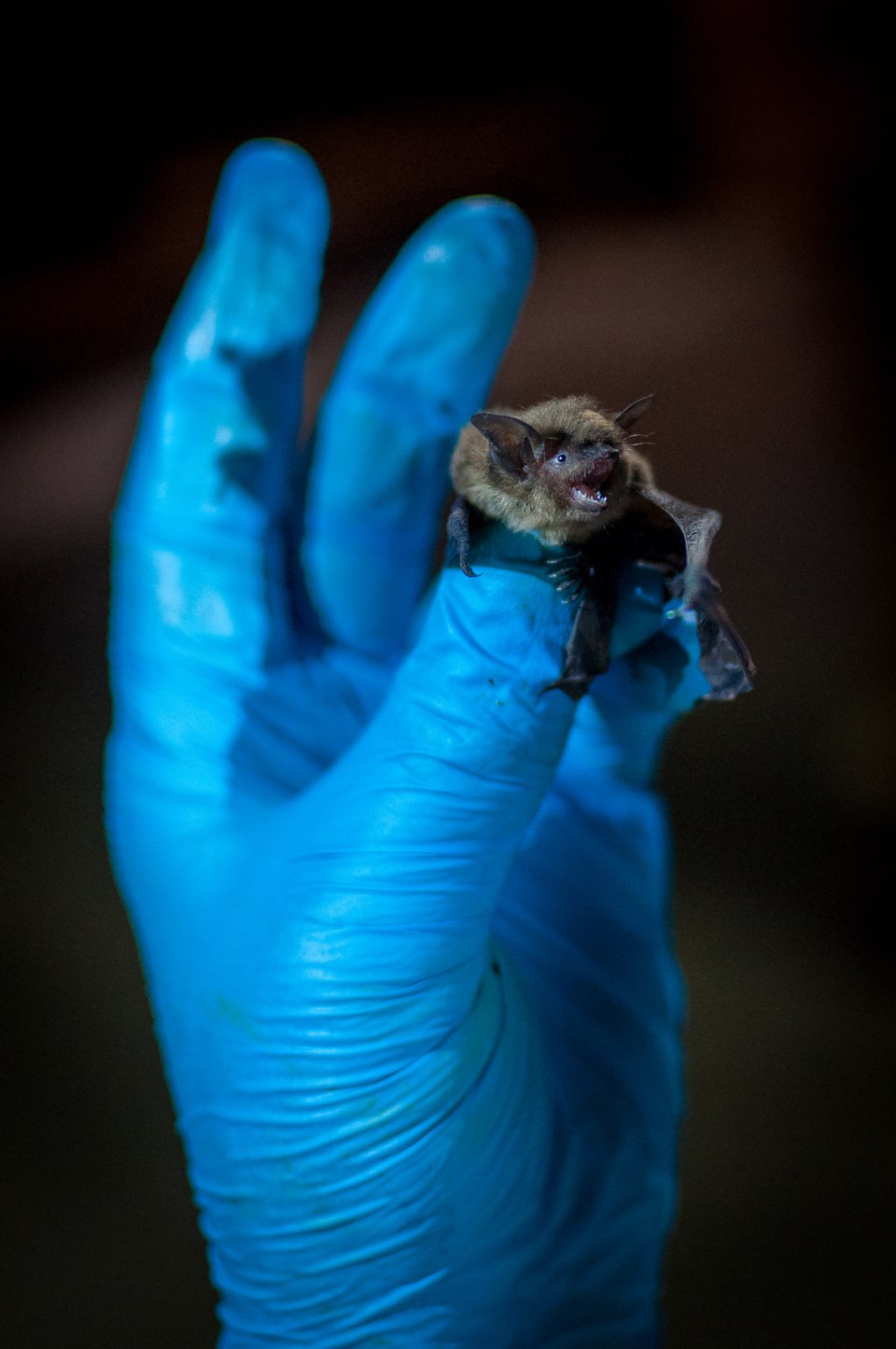Over the last week, bat sightings have been reported in South Surrey.
With the spread of White-nose Syndrome in Washington State, the BC Community Bat Program is carefully monitoring bat reports to determine if the disease has entered our province.
The BC Community Bat Program is asking residents of Delta, Surrey/White Rock, Langley, Abbotsford, and Chilliwack to be on the lookout for any more bats. Border communities are believed to be key to helping our program monitor White-nose Syndrome (WNS), a disease threatening BC bats.
The recent winter bat sightings may be a result of WNS, https://www.whitenosesyndrome.org/. This fungal disease kills a large amount of bats every winter and has caused 3 Canadian bat species to become endangered. The fungus grows on the bats and causing them to wake from sleep. The bats then seek food and water to replenish fat reserves to continue their hibernation, but sadly many die. These bats succumb to dehydration and starvation, as food and water are scarce in winter.
The program is encouraging people to report winter bat sightings and to retain any dead bats they come across for retrieval.
“Dead bats provide very valuable information and will help us track the spread of white-nose syndrome once it enters B.C.,” said regional coordinator Danielle Dagenais. “The program aims to retrieve all dead bats retained so that they can be tested for WNS.”
Please report any bat sightings and dead bats to the program on our website, https://bcbats.ca/index.php/got-bats/report-your-bats or by phone at 1-855-922-2287 ext. 11.
“Not every winter bat sighting is cause for concern,” added Dagenais.
Bats may be seen on warm winter evenings. Healthy bats may wake up to drink or even eat if insects are active. Bats may also become active following a disturbance near their hibernation site.
Should you come across a dead bat, do not touch it with your bare hands. Use gloves or a plastic bag to carefully pick it up. Wrap it in paper towel/tissue and double bag it. Then place it in a plastic container, such as a yogurt container, and store it in the freezer. Dagenais or the Fraser Valley coordinator, Aimee Mitchell, will arrange a convenient time to pick it up. If you or your pet has been in direct contact with the bat, contact the Public Health Authority to assess the risk of rabies to you and your pet.
If you happen to come across a hibernating bat, please do not disturb it if it is roosting in a location away from people and pets.
Dagenais reminds us that the program is there to provide guidance to help residents relocate bats when necessary.
“Bats need all the help they can get. We appreciate your support,” she said.
To learn more about bats, visit: bcbats.ca.
In partnership with the BC Ministry of Environment, and funded by the Habitat Conservation Trust Foundation, Forest Enhancement Society of BC, Habitat Stewardship Program, the BC Community Bat Program provides information about bats in buildings, provides information and assessments of bat boxes, coordinates the pickup of dead bats, and offers educational programs on bats.



